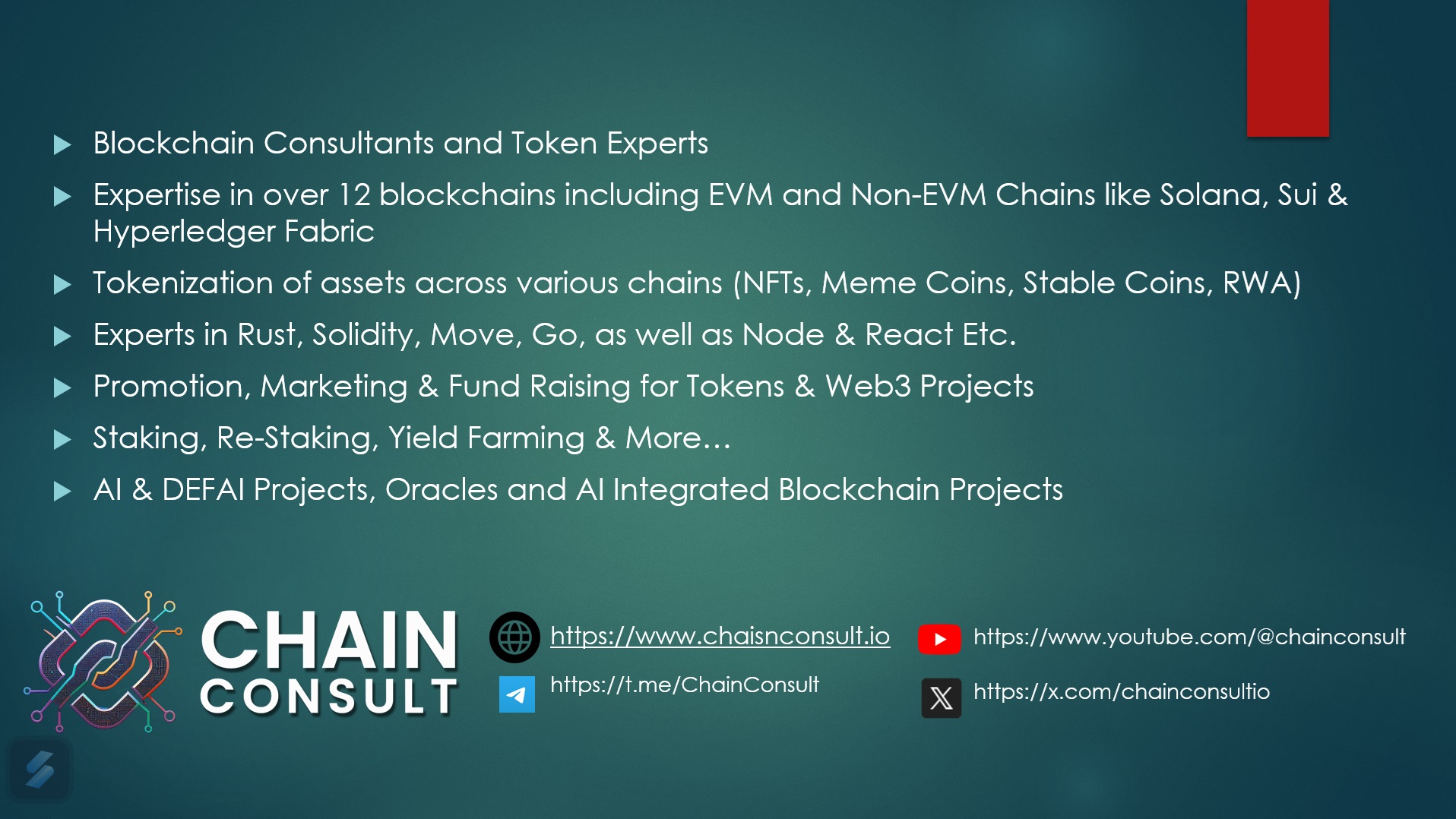
The convergence of Artificial Intelligence (AI) and Blockchain represents one of the most groundbreaking advancements in technology. AI, known for its ability to process massive datasets and make intelligent decisions, complements blockchain’s secure, transparent, and decentralized nature. The fusion of these technologies has the potential to revolutionize industries, improve automation, and introduce trust in AI-driven processes. We will explore how AI and blockchain can be integrated, the benefits and challenges of this merger, real-world applications, and what the future holds for decentralized intelligence.
Understanding AI and Blockchain
Artificial Intelligence (AI)
AI refers to systems that mimic human intelligence to perform tasks such as learning, reasoning, problem-solving, and decision-making. AI relies on machine learning (ML) and deep learning models that are trained on vast datasets to recognize patterns and make predictions.
Blockchain Technology
Blockchain is a decentralized digital ledger that records transactions securely across multiple nodes in a tamper-proof manner. It enables trustless interactions by removing the need for intermediaries and ensuring data immutability.
Why Merge AI with Blockchain?
- AI Requires Transparency: AI models operate in a black-box manner, making it difficult to interpret their decisions. Blockchain can provide an immutable record of AI processes, enhancing accountability.
- Blockchain Needs Intelligence: Blockchain networks are efficient at storing and securing data but lack the computational power to analyze it. AI can process this data to extract insights and optimize blockchain applications.
The Benefits of Combining AI and Blockchain
1. Enhanced Data Security
Blockchain provides cryptographic security, making data storage tamper-proof. AI models trained on blockchain-stored data ensure privacy, preventing unauthorized access and bias in datasets.
2. Improved Transparency and Trust
Decentralized AI systems record every decision and modification on the blockchain, enabling auditability. This transparency is crucial in industries like healthcare and finance, where data integrity is essential.
3. Efficient Data Management
AI processes vast amounts of data, while blockchain provides secure data sharing mechanisms. Decentralized AI marketplaces powered by blockchain enable businesses to access and share data efficiently without central control.
4. Smart Contracts with AI Integration
AI-enhanced smart contracts can autonomously execute transactions based on real-time data analysis. This enables more adaptive and responsive agreements in finance, supply chain, and IoT applications.
5. Reduced Fraud and Cyber Threats
AI-powered blockchain security systems can detect suspicious activities, while blockchain ensures data integrity, making it nearly impossible for cybercriminals to manipulate data.
Use Cases of AI and Blockchain Integration
1. Healthcare and Medical Records
- AI processes patient data to provide diagnostic insights.
- Blockchain secures medical records, ensuring privacy and preventing unauthorized modifications.
- Example: AI-driven personalized treatment plans using blockchain-verified medical histories.
2. Finance and Fraud Detection
- AI analyzes transaction patterns to identify fraud.
- Blockchain provides immutable transaction history, reducing financial fraud risks.
- Example: AI-enhanced risk assessment models for decentralized finance (DeFi) platforms.
3. Supply Chain Management
- AI predicts demand fluctuations and optimizes logistics.
- Blockchain tracks products across supply chains, ensuring authenticity.
- Example: AI-enabled quality control in food supply chains with blockchain-traced origins.
4. Decentralized Autonomous Organizations (DAOs)
- AI manages decision-making processes within DAOs.
- Blockchain ensures transparent and tamper-proof governance.
- Example: AI-powered governance models in decentralized communities.
5. AI Marketplaces and Data Monetization
- AI models can be trained using decentralized datasets.
- Blockchain enables fair compensation for data providers.
- Example: AI-driven data exchanges powered by blockchain smart contracts.
6. Intellectual Property and Content Authentication
- AI detects deepfake content and ensures authenticity.
- Blockchain protects digital ownership and prevents plagiarism.
- Example: NFT-based AI-generated art ownership verification.
Challenges of AI-Blockchain Integration
1. Scalability Issues
- AI requires high computational power, whereas blockchain networks, especially public ones, face transaction speed limitations.
- Solution: Layer 2 solutions and AI-specific blockchain networks.
2. Data Privacy Concerns
- AI models require large datasets for training, but sharing data on public blockchains risks exposure.
- Solution: Privacy-preserving techniques like homomorphic encryption and zero-knowledge proofs.
3. High Energy Consumption
- AI computations and blockchain mining require significant energy, leading to sustainability concerns.
- Solution: Transitioning to energy-efficient consensus mechanisms like Proof of Stake (PoS).
4. Complexity of Implementation
- Integrating AI with blockchain demands specialized expertise in both domains.
- Solution: Developing interoperable frameworks and user-friendly tools.
5. Regulatory and Ethical Challenges
- AI decisions need ethical considerations, while blockchain faces legal uncertainties.
- Solution: Establishing decentralized AI governance models.
Future Trends in AI and Blockchain Convergence
1. Decentralized AI Networks
- AI models will run on decentralized networks, removing reliance on big tech firms.
- Example: AI-generated content marketplaces with blockchain-based authentication.
2. AI-Powered Smart Contracts
- Future smart contracts will integrate AI for autonomous execution based on real-world data inputs.
- Example: AI-based insurance claims settlements on blockchain.
3. Blockchain-Based AI Ethics Frameworks
- Transparent, immutable AI governance models will ensure ethical AI decision-making.
- Example: Fair AI lending practices monitored via blockchain.
4. Cross-Chain AI Integration
- AI algorithms will analyze data across multiple blockchains for more comprehensive insights.
- Example: AI-driven financial risk assessments across different DeFi platforms.
5. AI and Blockchain in Metaverse Development
- AI will generate realistic virtual experiences, while blockchain will ensure asset ownership.
- Example: AI-driven NPC interactions in blockchain-based metaverses.

